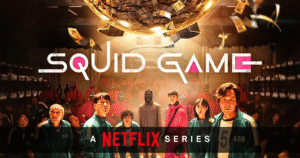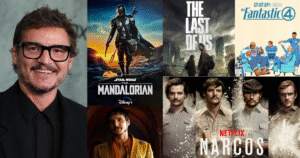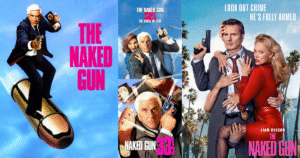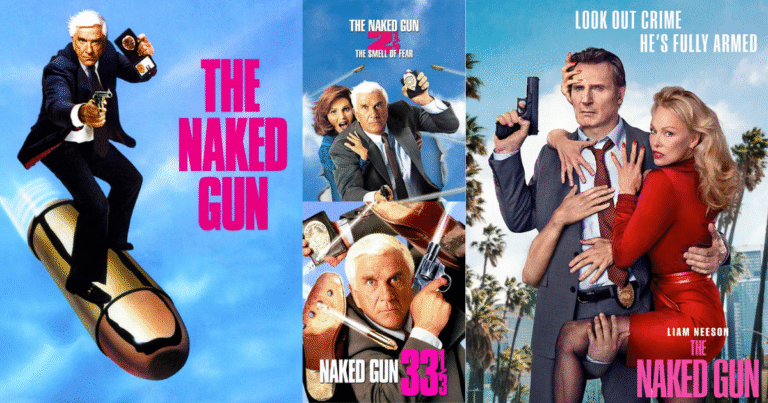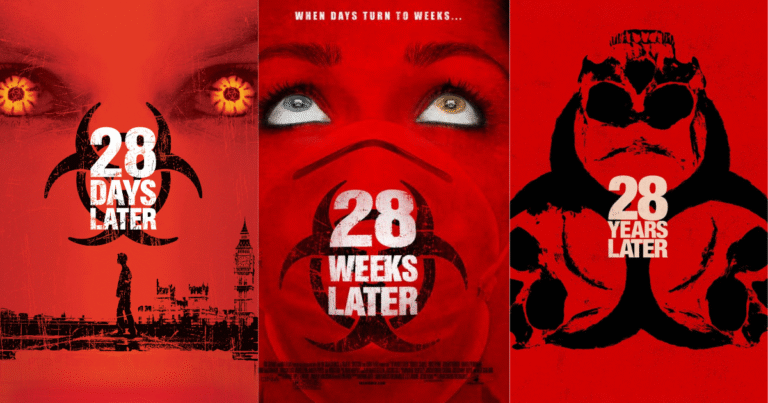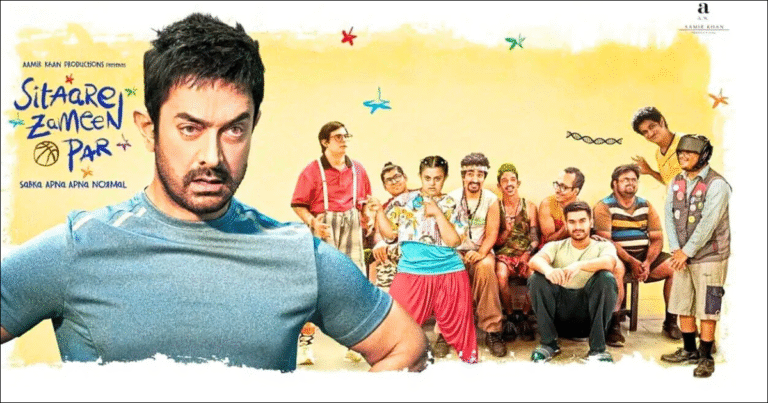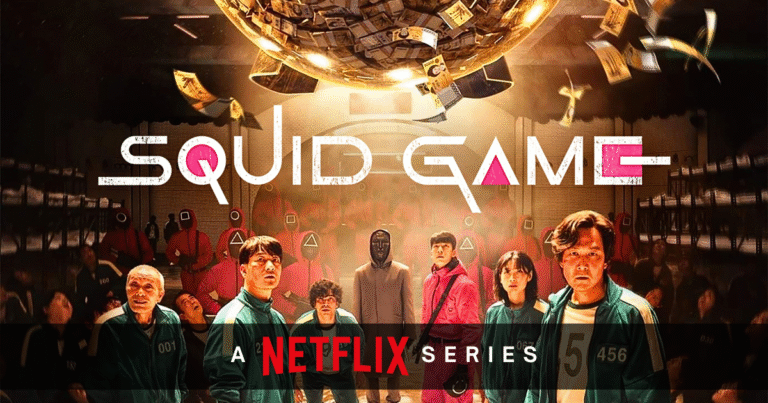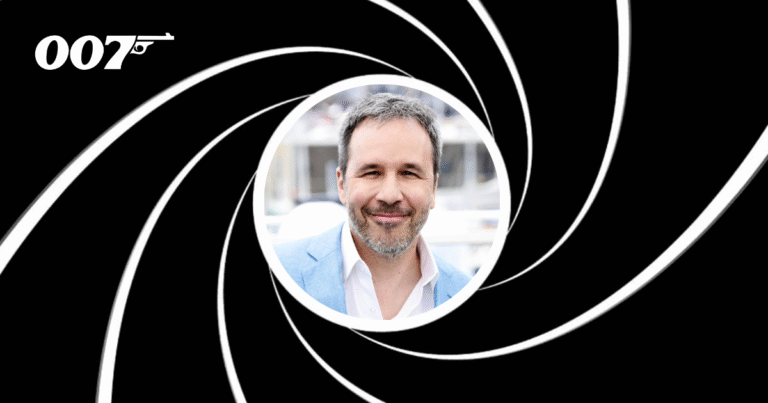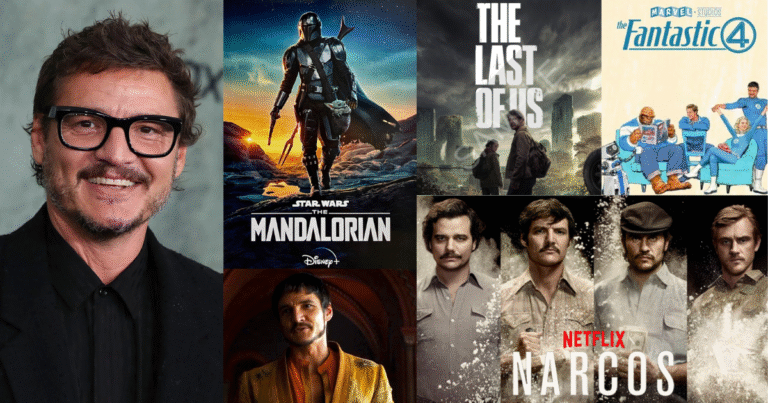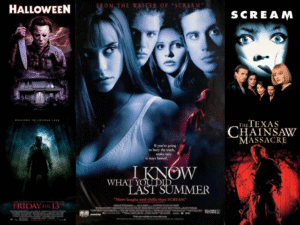The Social Network is one of the most talked-about films of the 21st century. Released in 2010, it tells the story of how Facebook was created and the personal drama that came with it. Directed by David Fincher and written by Aaron Sorkin, the movie became famous not just for its story, but for its incredible writing. From its fast-paced dialogue to its smart structure, The Social Network is a great example of how strong writing can turn a real-life event into a powerful film.
Aaron Sorkin is known for writing clever and sharp dialogue. In The Social Network, he took a story about business and technology and made it gripping and emotional. The writing never feels boring, even though it’s about lawsuits, computer code, and business partnerships. That’s because Sorkin focuses on people—their feelings, relationships, and choices. His script turns a legal battle into a human story.
The film opens with a fast and uncomfortable conversation between Mark Zuckerberg and his girlfriend Erica Albright. This scene sets the tone for the rest of the movie. It’s not about coding or money. It’s about a young man who feels rejected and wants to prove himself. Sorkin uses this moment to show us who Mark is. He’s smart, socially awkward, and driven. The writing gives us insight into his personality without needing a narrator or backstory. It’s all there in the words.
One of the best things about the screenplay is how it handles time. The Social Network is not told in a straight line. Instead, it jumps back and forth between the past and the present. We see scenes from the early days of Facebook, but we also see Mark being questioned in legal meetings years later. These two timelines are edited together in a way that keeps us interested and helps explain the deeper conflict in the story.
The structure of the movie is like a puzzle. We slowly find out what happened, who was involved, and how things fell apart. Sorkin doesn’t spoon-feed the audience. He lets the characters speak for themselves, and we slowly form our opinions. This kind of storytelling respects the intelligence of the viewer. It’s one reason why the film is still talked about years later.
Dialogue is the heart of The Social Network. Sorkin’s writing style is unique. His characters speak quickly, argue a lot, and often use humor or sarcasm. This makes the scenes exciting and full of energy. But even when the characters are talking about complicated things like shares, websites, or legal documents, the writing keeps it clear and personal. We understand what’s at stake not because of the facts, but because we see how it affects the people involved.
The characters are well-written and complex. Mark Zuckerberg, played by Jesse Eisenberg, is not shown as a hero or a villain. He is a mix of brilliance, insecurity, and ambition. The writing doesn’t try to make him likable. Instead, it shows him as he is and lets the audience decide how to feel. That’s a brave and honest way to write a lead character.
Eduardo Saverin, played by Andrew Garfield, is another key part of the story. Through Sorkin’s writing, we see the friendship between Eduardo and Mark slowly break apart. Their scenes together are some of the most emotional in the film. You can feel the trust disappearing, the anger building, and the betrayal that follows. Again, it’s the writing that makes this powerful. There are no dramatic speeches or forced emotions. Just real conversations that feel honest and painful.
Another standout character is Sean Parker, played by Justin Timberlake. The writing shows him as charming, bold, and dangerous. His scenes are fun to watch because the dialogue is sharp and full of tension. He’s not just a side character—he’s a symbol of temptation and risk. Through Sean, the script explores the cost of success and the fear of being left behind.
The Social Network also uses humor in a smart way. It’s not a comedy, but there are many moments where the dialogue is funny or ironic. These moments give the film a rhythm and keep it from feeling too heavy. Sorkin knows when to add a clever line or a bit of wordplay to keep the audience engaged.
Another thing that makes the writing special is how it captures the world of young entrepreneurs. These are college students building a company that will change the world. The writing reflects their energy, their ideas, and their arguments. It shows the fast-paced world of startups, the excitement of big dreams, and the pressure that comes with sudden success. This helps the audience understand the world of Facebook, even if they don’t know anything about tech.
The Social Network is more than just a story about a website. It’s about friendship, power, jealousy, and what it means to be successful. The writing asks important questions without giving easy answers. Was Mark right to do what he did? Did he really win if he lost his friends along the way? These are the kinds of questions that stay with you after the film ends.
What also stands out is that the script was based on real events, but Sorkin didn’t just copy the facts. He used them to build a dramatic and emotional story. He took a true story and gave it shape, meaning, and feeling. That’s what great screenwriting does.
The writing of The Social Network was so strong that it won Aaron Sorkin an Oscar for Best Adapted Screenplay. It also helped turn a movie about legal battles and websites into one of the most exciting films of its time. It proves that good writing can make any subject interesting if the focus is on people, conflict, and emotion.
In the end, The Social Network is a great example of how powerful writing shapes a film. It shows us that words matter. That structure and dialogue are just as important as visuals and action. That a smart script can turn a story about business into something that moves people. The writing of this film is a masterclass in screenwriting, and it’s one of the key reasons the movie is still loved and studied today. Whether you’re a writer, filmmaker, or just someone who enjoys good movies, The Social Network is a film that teaches, entertains, and inspires.
4o
